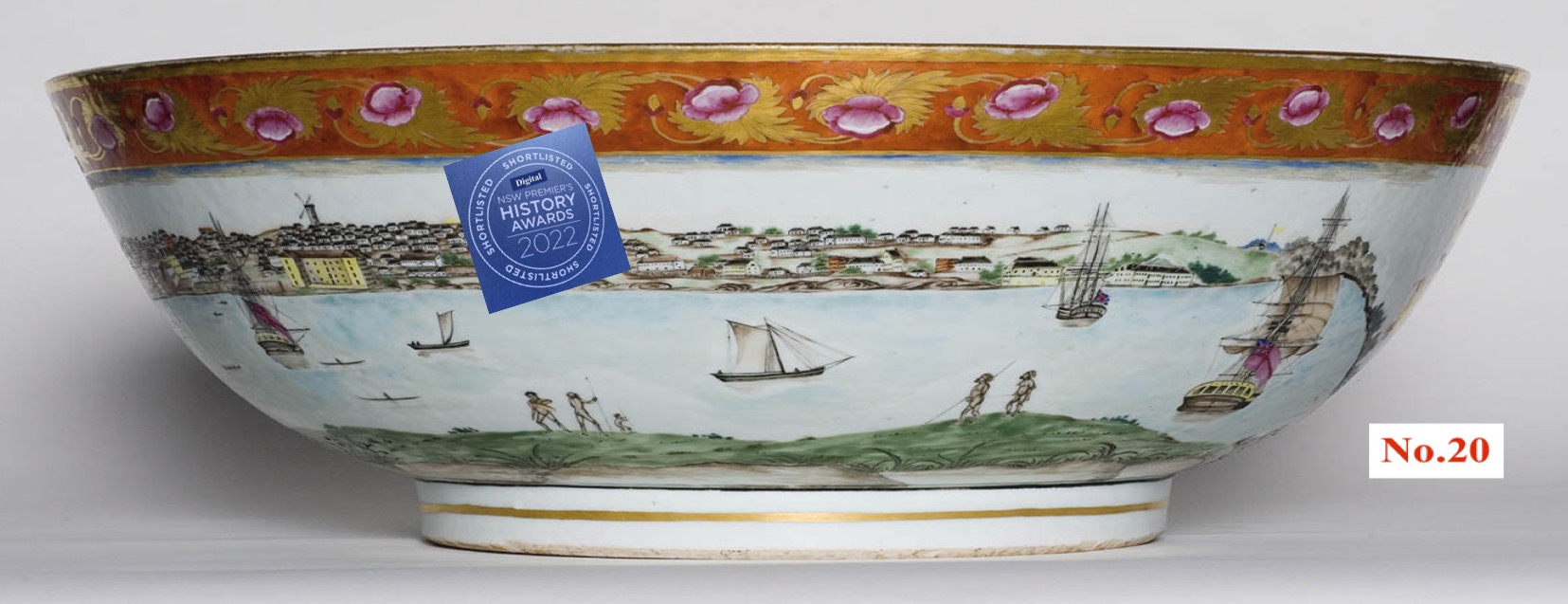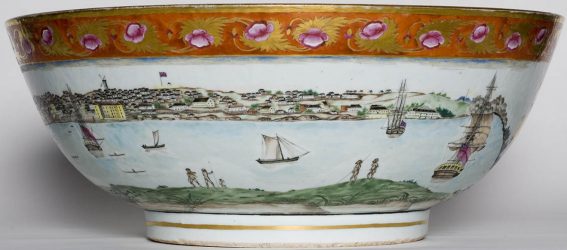Chinese people in Australian history have usually been seen as background players in mainstream dramas of gold and racism. That Chinese people were individuals with families, aims and desires of their own is often overlooked. Nor were all Quong Tarts, but fathers and sons, mother and daughters, humble workers and founders of multinational businesses, supporters and opponents of revolution, landlords and gardeners, those who died surrounded by their descendants and those who died alone in rooms above Sydney’s Dixon St. Individual variety, not stereotypes and generalisations, must always be considered.
John Louie Hoon, born in Sydney,went to his fathers’ village aged seven, after which his father died while his white mother disappeared from his life. When John returned to Sydney aged 16, he could no longer speak English. John, called Jack or even funggwai (whiteman) Hoon, worked as a market gardener, making numerous trips to China where he married and had a family. After spending the war years in China he returned to Sydney, dying there in 1981, aged 85, but not before one of his daughters migrated to Australia.
Joe WahGow, a successful Wollongong merchant whose wife came to Australia on a purchased passport and whose first six children were all Australian born. The entire family returned to the village in 1929 when Joe WahGow retired. The Japanese invasion of south China in 1939 resulted in some of his sons returning to Australia,while other siblings remained in the village.
George Gay was a ‘well known market gardener’ who also managed a Fijian banana plantation for a time. George never returned to his village but did own land there and assisted his brothers to come to Australia. He also sent his second son, Billy to his village for three years to learn Chinese. Billy took over his fathers’ market garden and worked it until the 1950s. The site of the garden is now a local park.
Philip Lee Chun came via Cooktown in 1874 before moving to Sydney where he established the Kwong War Chong in Dixon Street. Philip Lee Chun was a leading member of his districts’ association, of the China Mail Steamship Line, and assisted many gardeners in dealing with migration paperwork. His eldest son William became one of the first people of Chinese decent to move into a profession, becoming a leading Sydney barrister. Philip Lee Chuns’ others sons, Harry and later Norman, took over the business, while Arthur became Professor of English at the University of Amoy.
Yat Kwan (Ken Wong) arrived in Australia on a temporary Certificate of Exemption in 1921 and did not leave again until his honeymoon in 1963 as an Australian citizen. During that time he was often threatened with deportation because his jobs had disappeared or were denied him due to his Chinese background. Yat Kwan fought these moves in courts and newspapers, and was eventually certified ‘a good sort’ who lives in the suburbs and drinks beer, enabling him to take out Australian citizenship.

